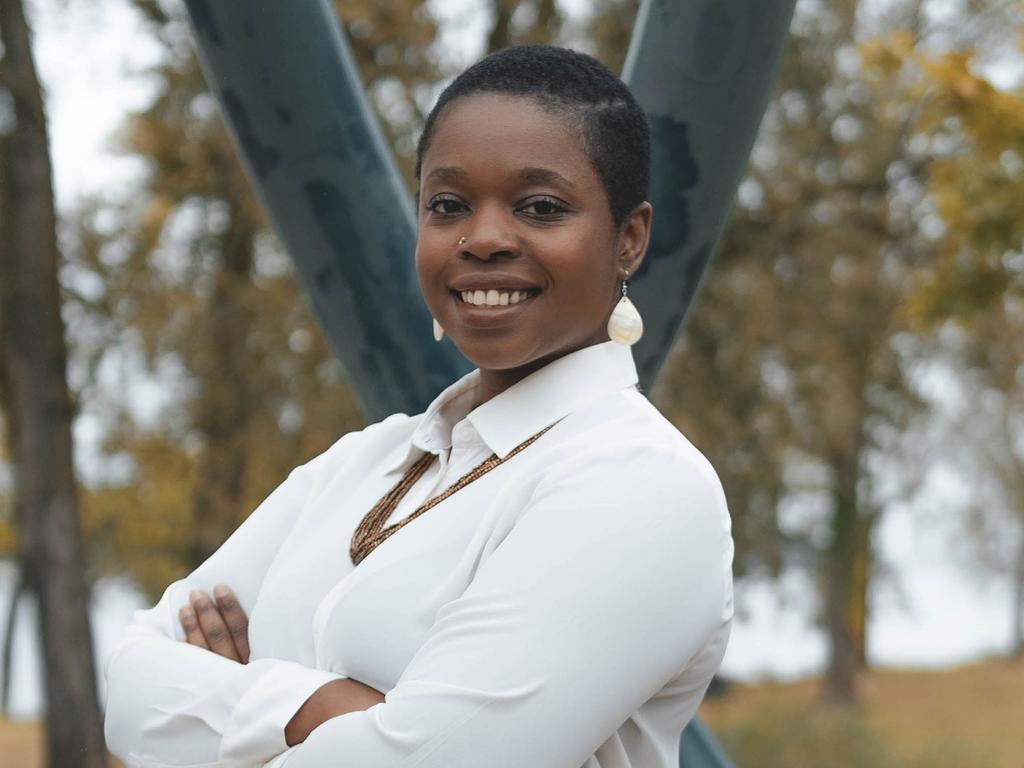Dr. Kijan Bloomfield, assistant professor of religious studies, has been awarded a $7,500 grant for her project titled “Lived Africana Religion in the Time of COVID-19.” The award is from Columbia University’s Center on African American Religion, Sexual Politics and Social Justice (CARSS), with support from the Henry Luce Foundation. Bloomfield will document and archive the ongoing impact of the coronavirus pandemic on Africana religious traditions, globally.
When the world shifted toward mitigating the spread of COVID-19, religious communities had to contend with limitations on in-person gathering for services, rituals of mourning and celebration, according to Bloomfield. During the early stages of the pandemic, institutions of higher education developed research initiatives aimed at collecting primary source material on specific religious traditions such as Islam, Judaism, and Buddhism. However, none were dedicated exclusively to the traditions practiced by people of African descent.
In April, Bloomfield launched a Twitter account—Lived Religion in the Time of COVID-19, @ReligionCOVID—focused on the impact of the coronavirus pandemic on religious communities. It is a curated timeline of articles, editorials, video clips, news stories, etc., collected through research and crowdsourced material. In June 2020, she was awarded a Digital Stories Fellowship from the Lived Religion in the Digital Age Center at Saint Louis University to expand the project into a website focused specifically on Africana religious traditions.
With the new grant from CARSS, Bloomfield will conduct research about Black religious communities’ responses during the pandemic. “The objective is to engage Black/Africana religions as a lens to deepen and nuance how we understand the impact of the pandemic at the intersection of anti-Black racism, health inequities, and religious faith,” says Bloomfield.
The Lived Africana Religion in the Time of COVID-19 project will address questions such as:
- How did Africana religious practice adapt and shift according to state shelter-in-place orders?
- To what extent did the shelter-in-place ordinances affect the financial solvency and maintenance of Black religious institutions, particularly those serving immigrant and working-class Black communities?
- How do religious practitioners of African descent make sense of the twin pandemics of racism and COVID-19, globally?
- What are the ordinary ways religious agents engage in grief-work and healing practices, and extend mutual aid to members of their faith and cultural communities?
With the CARSS grant, Bloomfield will lead a research team to code and analyze existing data on the pandemic and religion; organize and present publicly available content curated from @ReligionCOVID; identify and contact religious leaders and institutions to interview and conduct surveys; and publish results on an expanded website to be promoted on social media and academic platforms.
“I’m elated the CARSS grant committee saw the value of this work and provided us with resources to undertake research that centers the experiences of people of African descent and their religious traditions,” says Bloomfield. “How they—we—weather the pandemic is instructive for thinking about religion, race, and culture during this pivotal moment. The research team looks forward to presenting our research at academic conferences and to community partners.”
